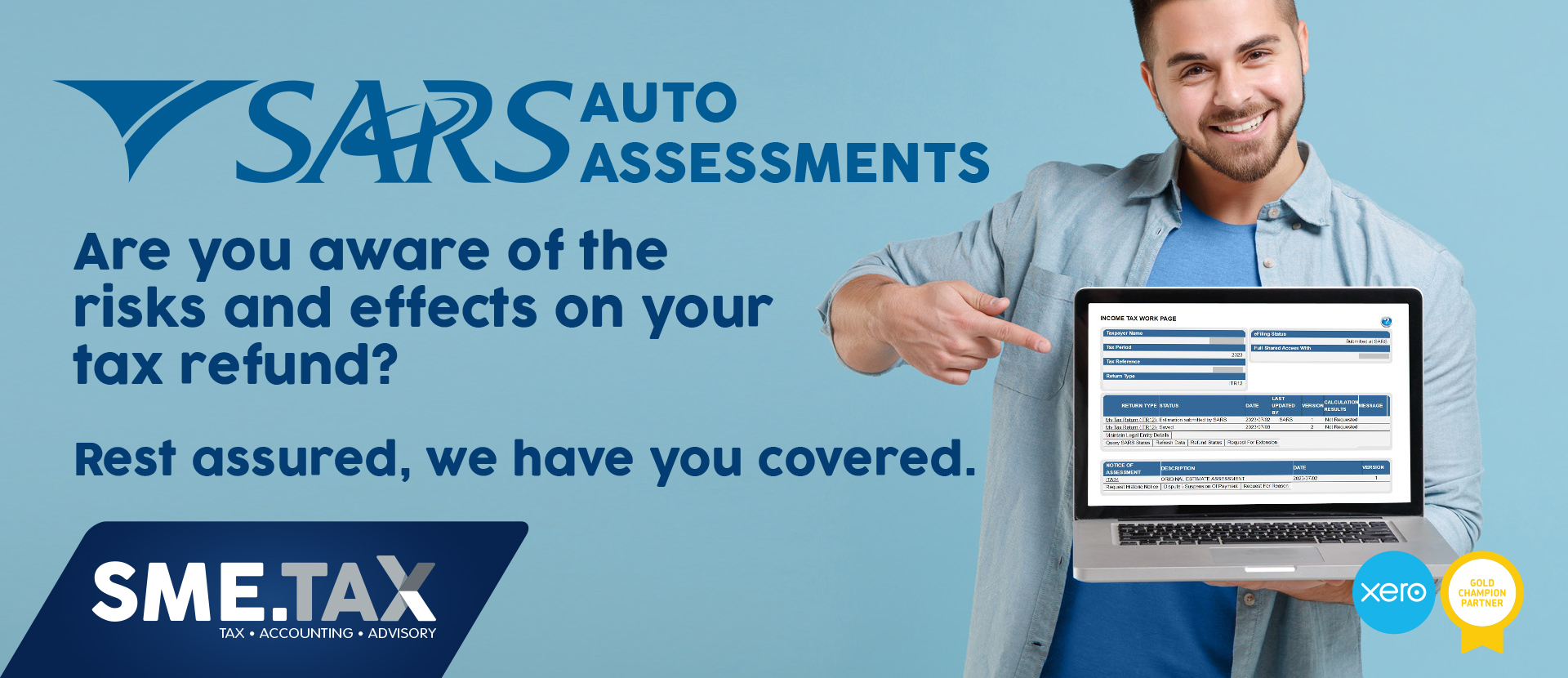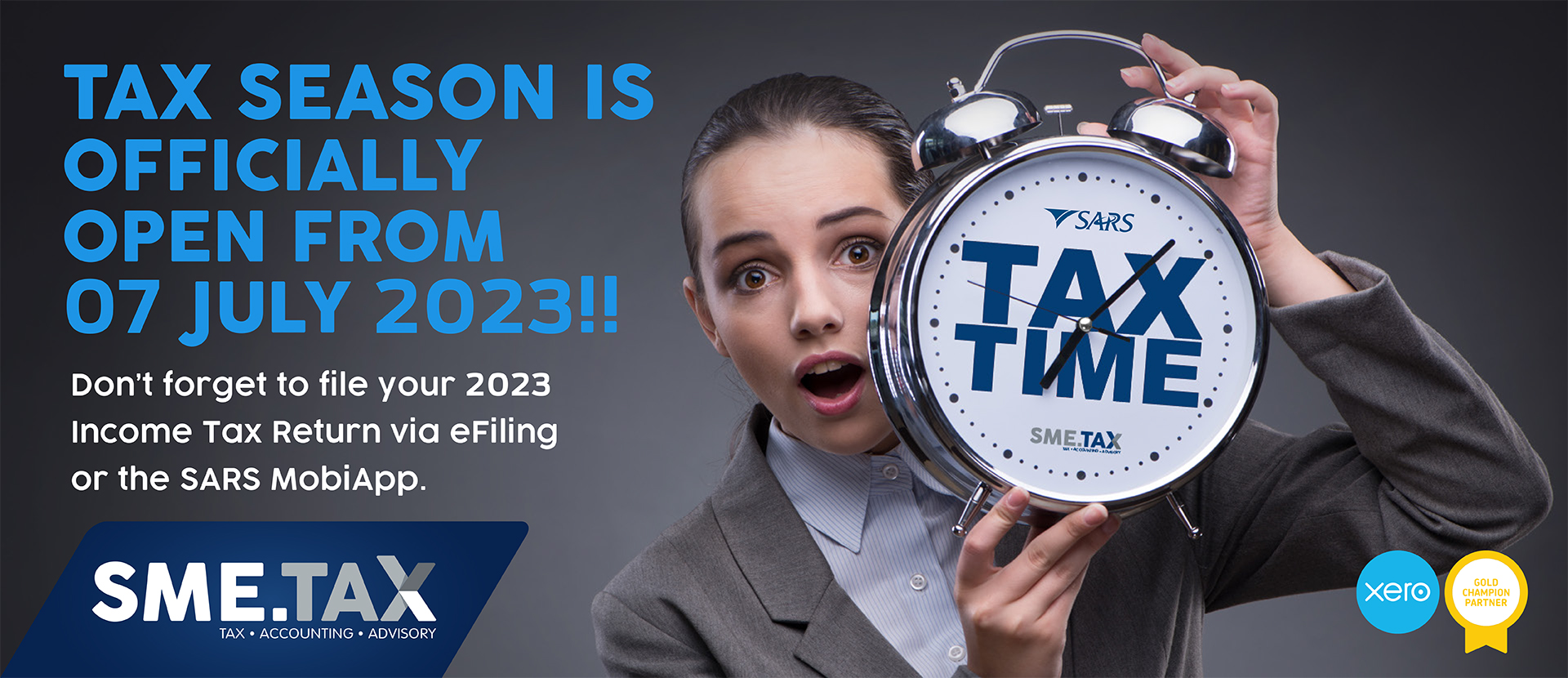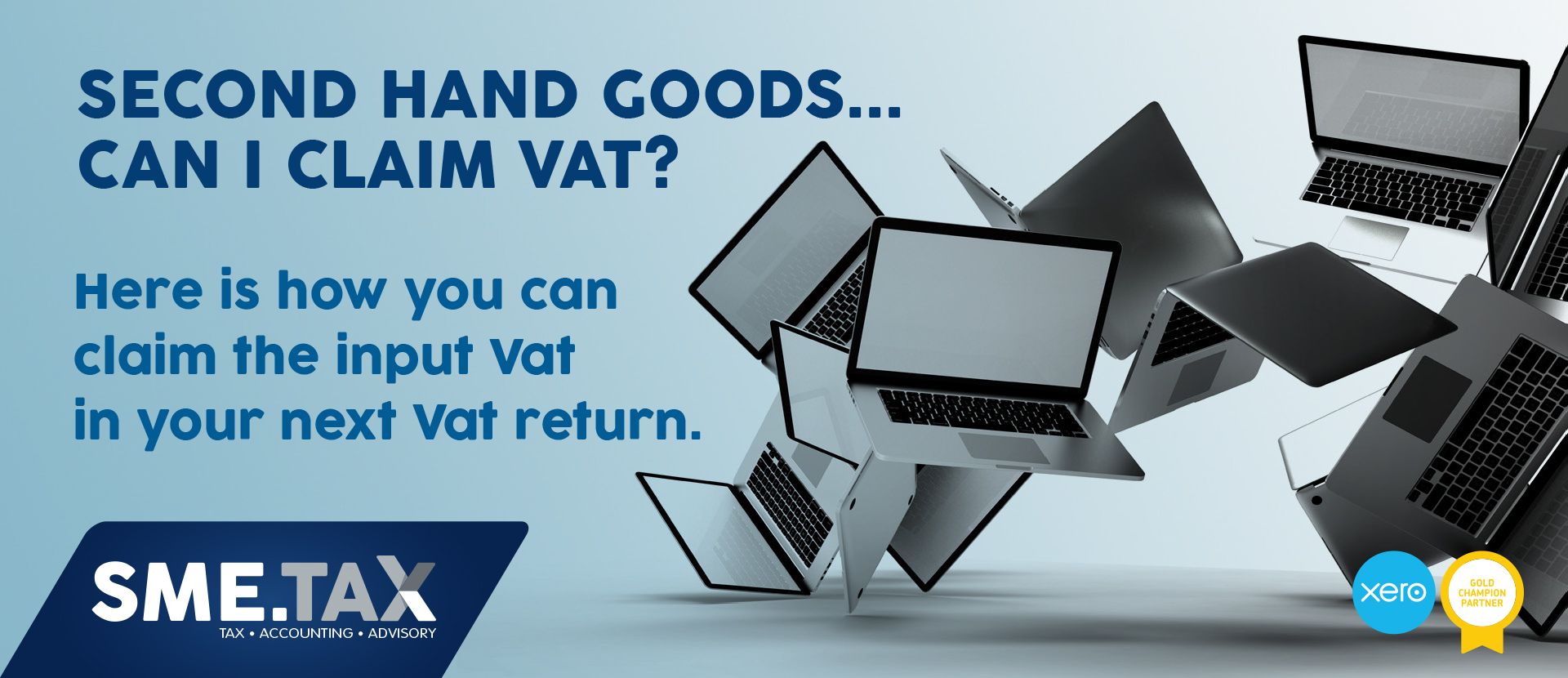
What you need to know about
SARS auto-assessments
Make sure you know the risks and how it may affect your tax refund
What is an auto-assessment?
This is an automatic assessment issued by SARS to numerous taxpayers. SARS will use data collected from employers, financial institutions, medical schemes, retirement annuity fund administrators and other 3rd party data providers to generate the assessment automatically, without any input from the taxpayer.
Why has SARS introduced this process?
This process was started in 2019 by SARS to speed up the filing process – it was then expanded on last year in response to the Covid-19 pandemic and the need for physical distancing. It is intended to remove the need for taxpayers to travel to SARS branches to file returns there.
How will I know if I have been auto assessed?
When you have been auto-assessed, you should receive a SMS or email from SARS informing you that you have been selected for auto-assessment. SARS have indicated that the process will start from 01 July 2023.
Is the deadline for auto assessments the same as the normal tax season?
Ordinarily NO! However, this year the deadline has been moved by SARS to 23 October 2023, to align with non-provisional Individual Taxpayers.
What happens after 23 October 2023 deadline if I do nothing?
If you take no action, the SARS auto-assessment will become your FINAL assessment after the deadline.
I want to submit a return, but the 23 October 2023 deadline is too short. What can I do?
You need to request an Extension on eFiling, before the deadline has expired. You will need to provide SARS with ‘reasonable grounds’ as to why an extension is required. If you miss the deadline, you will have an additional 21 working days to submit a Request for Extension on the same terms.
I have done nothing and more than the additional 21 working days have passed. What can I do now?
Once the additional 21 working days have passed since you received your auto-assessment, you won’t be able to file a tax return unless you can provide ‘exceptional circumstances’ to justify a delayed request for an extension to SARS.
Should taxpayers accept the auto assessment?
No, there are risks involved. Your auto-assessment may be inaccurate and accepting it could result in you paying more tax than necessary.
SARS may not have received all of your tax certificates
SARS may not have your most up-to-date tax certificates
You may miss out on claiming certain deductions, which won’t appear on your auto-assessment e.g. wear and tear, donations to charities, travel expenses, home office, and medical expenses you paid personally.
If I reject the auto assessment, what happens next?
You can file your tax return as normal. Filing a tax return means that you can include all of your possible deductions so as to pay less tax and maximize your chance of a refund.
If I accept it, and my auto assessment is incorrect, am I exempt from penalties/legal action?
No, you are not exempt from penalties or legal action. It is your responsibility to ensure you report all of your income and expenses accurately to SARS. If you accept your auto assessment, and you failed to declare some of your income, SARS could levy a penalty of up to 200% of the tax payable (plus interest!) should they audit you later on and discover their mistake.
Our Services:
At SME.TAX we do more than just assist clients with Tax Returns.
We are your “one stop SME shop”, assisting with everything from Accounting, Business Management, BEE, Consulting, Company Registration to Payroll and Mentoring.
For more information, please visit our website www.sme.tax or give us a call on +27 012 021 0829




